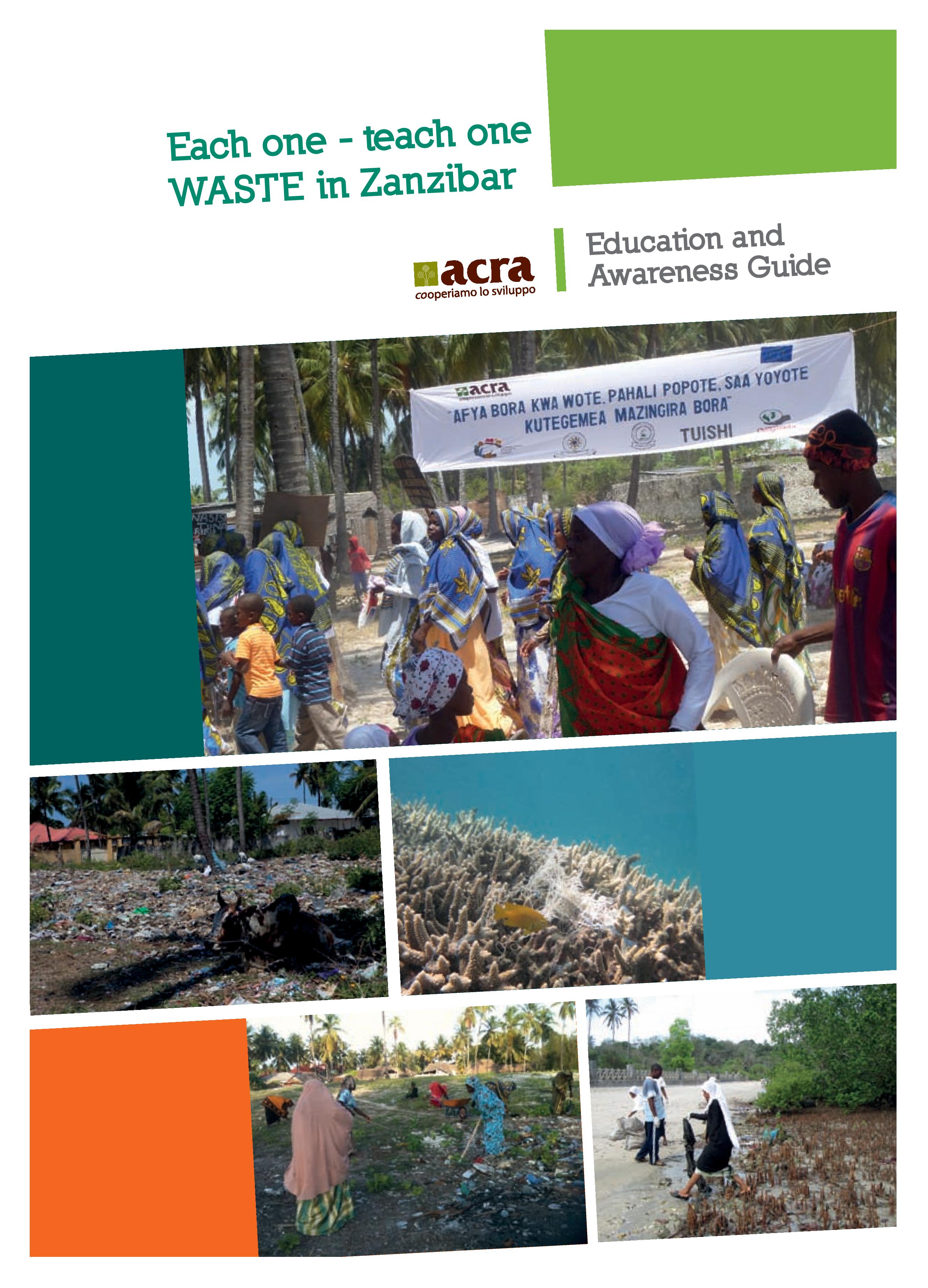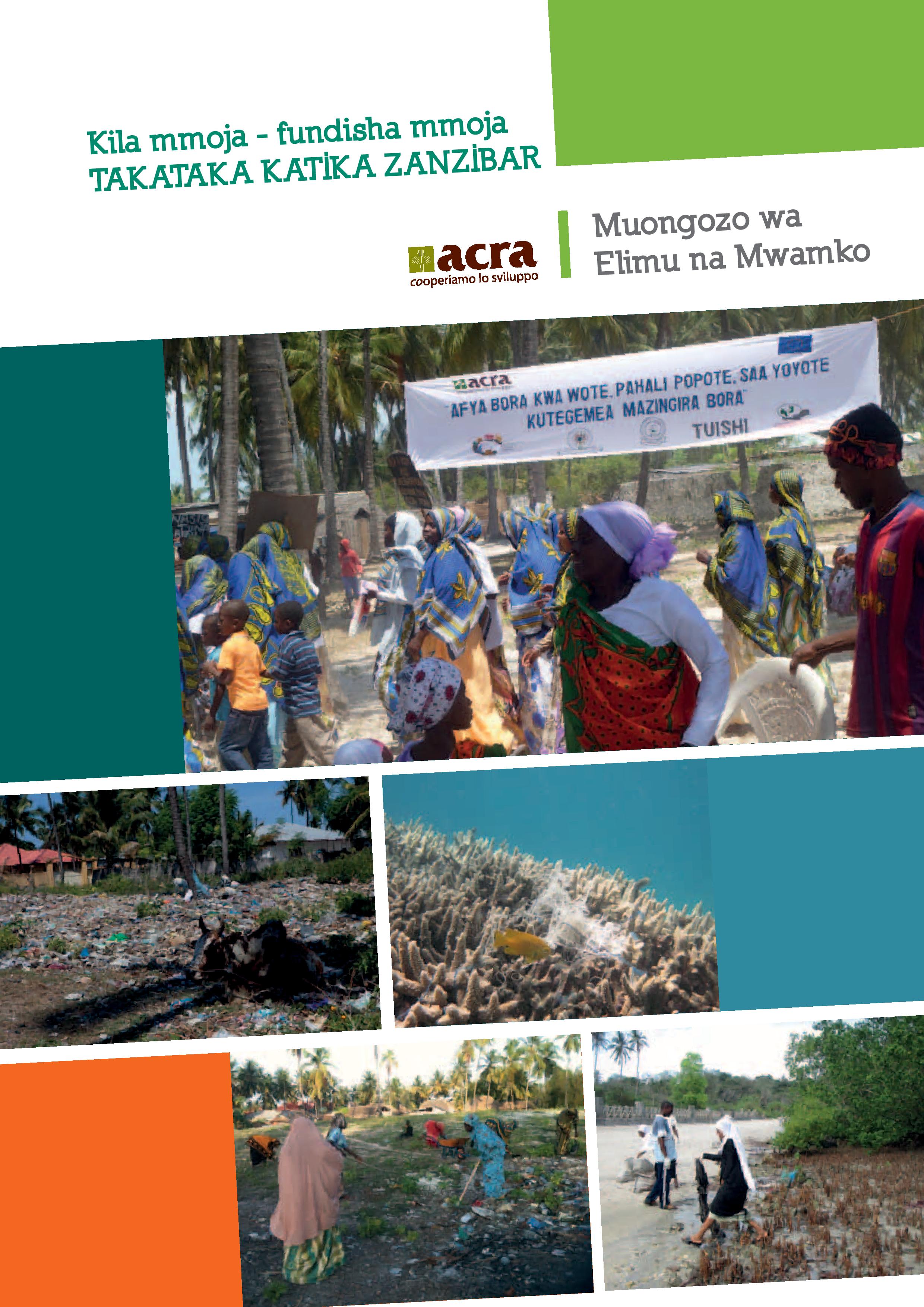Amid the hustle and bustle of (relatively) cosmopolitan Stone Town, Zanzibar’s only city, people of all nationalities mingle on every street – camera-toting tourists lost in the winding bazaars will inevitably encounter groups of young local children playing games in the street, looking adorable, and the children are accustomed to being photographed. If you raise your camera to ask permission to take a picture (courteous photographers always ask), the children will more than likely pose enthusiastically – and love to look at the image on the back of your camera afterwards. In fact, starting to take photographs will often result in more and more children emerging from nearby buildings to get in on the action.
Step away from the tourist areas, however, and taking photographs becomes a different matter altogether. Young children in rural communities may never have seen a white person before, and be terrified at the very sight of us. In particularly isolated regions of the country, there is even a cultural belief that to take a person’s photo is to take a piece of their soul. To photograph a person uninvited is therefore perceived as a gross personal violation and one of which travelling photographers should be extremely aware. If you raise your camera to indicate a request to take a photograph in such an area, the potential subjects will raise their hands to the camera (children may even run away screaming). In these cases the message is abundantly clear: no photographs. However sometimes the message can be more ambiguous: perhaps one person will nod permission and pose, but the person next to them will raise the palm of their hand in front of the lens to say ‘no’. I’ve accidentally taken photographs like this, and I delete them.
The other day, in Stone Town, I was sitting in a café working, when some children from the neighbourhood came and stared in through the window a couple of feet away from me. I know these kids by sight as I pass this way most days. Adorable as they are, they were getting a bit persistent in trying to engage me in conversation and I was trying to concentrate.
There are bars in the café window through which the children were peering, and I joked on facebook (I was distracted from my work by this point!) that their staring made me feel as though I were an exhibit in a zoo. I was tempted to roar at them. They then started playing peep-bo with me to get my attention, and the temptation became unresistable. Smiling, I treated them to my best fierce animal impression. They jumped, and then burst into peals of laughter.
My concentration thoroughly broken, I got out my camera to take (with their enthusiastic permission) a couple of photos of them. I showed them the pictures, and more children came to the window till there were about five little faces entreating ‘Picha picha!’ So I took more, showing the pictures as I went along.
Then, to my astonishment, one of the girls raised her hand in front of the lens, front and central in the picture. I lowered the camera and looked at her for clarification. In shamba (rural areas) this would be expected, and photographs unwelcome – but these kids were urban, they knew me, and were soliciting my attention, not the other way round; moments earlier she had had no problem. What had changed? What had I done?
The other children continued to call out to me: Picha! Picha! But she was still waving the palm of her hand in front of my face. I lifted the camera to photograph the others but leave her out… but she only called out louder. What should I do?
Now, I like to think I know a bit about the Zanzibar culture. I like to believe that I am culturally sensitive, relatively experienced at local nuances, and that I know how to read the signs. I usually feel as though my Swahili (rudimentary though it is) is enough to understand the general tone of the message people are trying to convey. But here, I was baffled. How had I upset her? What had I done wrong?
At long, long last, realisation dawned. I’d been overthinking completely. I finally picked up on what she was calling out: Heena! Heena!
I had completely misunderstood her: I couldn’t have got it more wrong.
‘Heena’ was what she was saying to me: and heena was what she was showing me! Her hands had been painted with henna, a traditional custom in Swahili culture for Eid, the celebration of the end of Ramadan a few days earlier.
And she was just a little girl, showing me her beautiful Heena and asking me to photograph her pretty hands…
So I did.




All photographs ©Nell Hamilton
Like this:
Like Loading...















